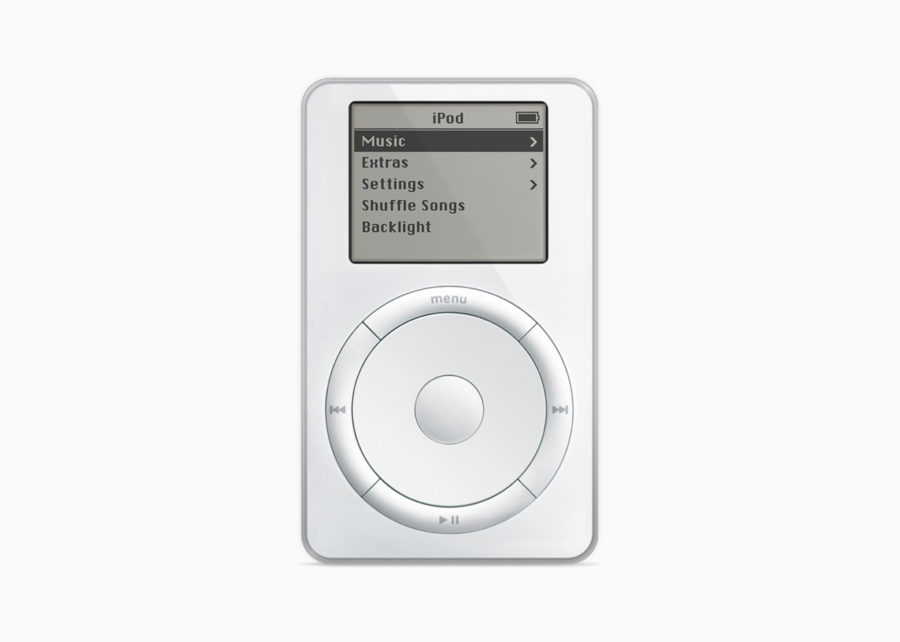Apple Discontinues the iPod: “The Music Lives On”
Apple Inc. shares that the iPod has influenced the company’s other music-playing products, leaving a strong impact even after the product’s discontinuation.
May 25, 2022
On May 10, 2022, Apple Inc. announced the discontinuation of the iPod Touch, the last remaining model of the iPod. iPods were released to the market in October 2001, but the iPod Touch was released in 2007. As the last remaining iPod model available to consumers, the iPod Touch will be available to consumers “while supplies last” (The Columbian, Apple Inc.).
Over recent years, the iPod has become increasingly unpopular because of the rise of newer innovations, including the iPhone. In response to the growing unpopularity of iPods, Apple discontinued the classic iPod model (the one with the spinning wheel in the center) and the iPod Nano and iPod Shuffle in 2014 and 2017 respectively.
Regardless of the phasing out of these models, the iPod Touch remained somewhat popular with consumers; as stated by The Columbian, the iPod was “popular as a cheaper alternative to the iPhone.” Consequently, Apple continued to update the iPod Touch until 2019. However, as numerous music-playing innovations have been created, the need for the iPod Touch was no longer seen as necessary, ultimately leading to its discontinuation. Piper Guyton (11) shares that she is “sad to hear that the iPod has been phased out by Apple given the impact the product has had on the world.”
During the two decades of the iPod’s existence, the iPod contributed to a plethora of technological advancements.
Greg Joswiak, Apple’s senior vice president of Worldwide Marketing, claims that the iPod “redefined how music is discovered, listened to, and shared.” When the iPod was released, it was marketed to replace the clunky MP3 players that became popular in the late 1990s. Apple claimed that the iPod could “hold 1,000 songs in your pocket,” which made it popular amongst many music-loving individuals during the early 2000s. The iPod revolutionized the music industry by allowing people to access their music wherever they went. This product was undoubtedly a success, as it “accounted for nearly 29 percent of the company’s revenue” (Statista).
The iPod also inspired future Apple products, including the iPhone. As Tony Fadell, co-creator of both the iPod and iPhone, puts it, “There would be no iPhone without the iPod.” The model of the iPod was gradually improved to add more phone-like features to the device. Some features included a camera, microphone, and Internet (Apple Insider). Following the success of the iPhone in 2007, Apple created numerous other products, such as the MacBook, iPad, Apple Watch, and AirPods (4D Products).
Following the announcement of the iPod’s discontinuation, Apple Inc. states, “Today, the spirit of iPod lives on. We’ve integrated an incredible music experience across all of our products, from the iPhone to the Apple Watch to HomePod mini, and across Mac, iPad, and Apple TV.” The iPod has inspired and influenced countless innovations and people, so even if it is now discontinued, it will continue to impact society.



































